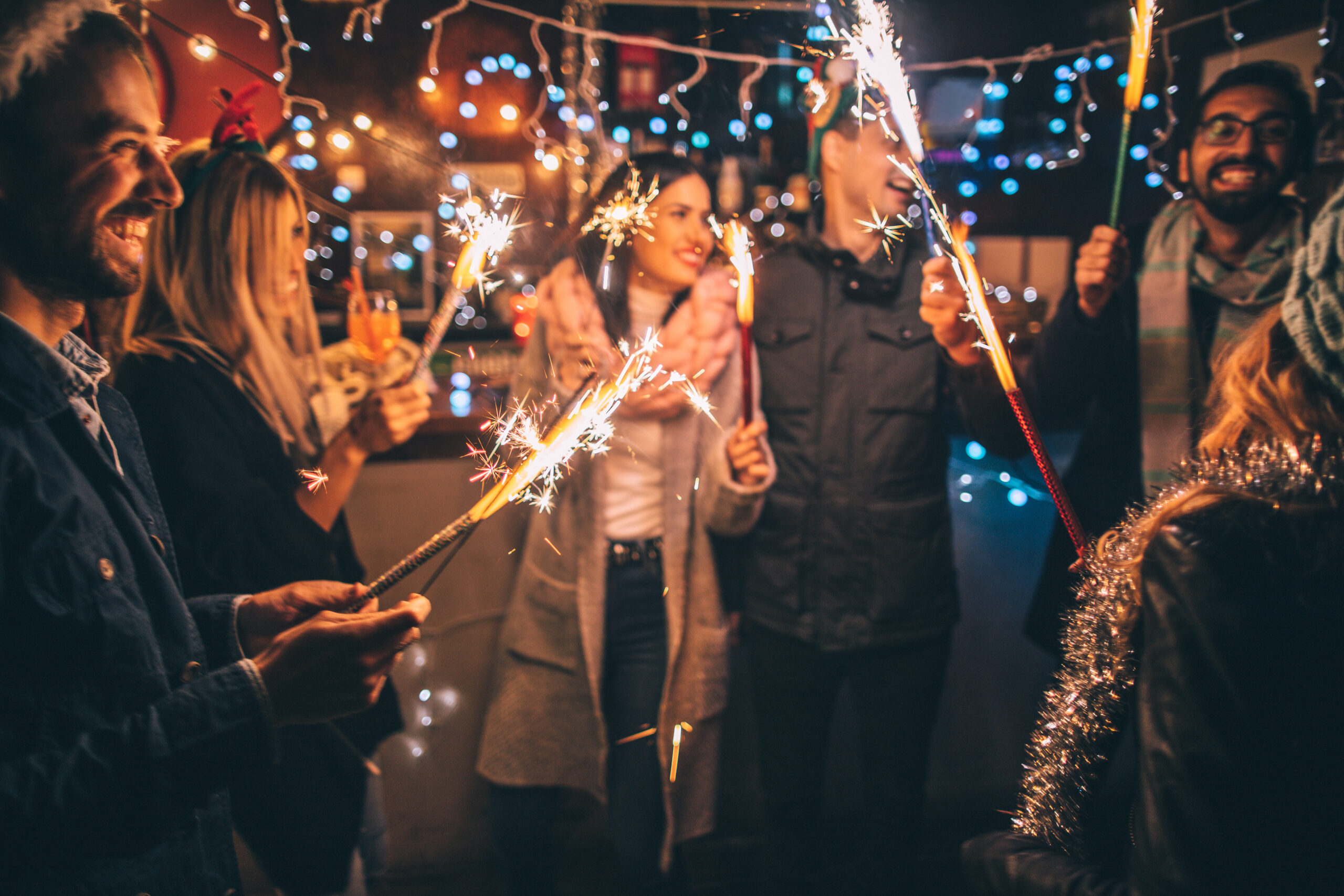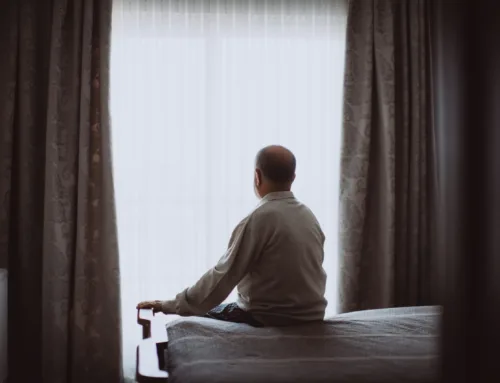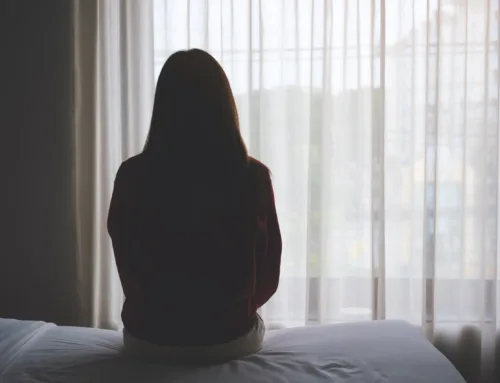Here’s Your Holiday Relapse Prevention Plan
Holiday drinking statistics aren’t exactly encouraging.
The period between Thanksgiving and the first day of January accounts for the most severe cases of alcohol consumption, spiking on the actual holiday days themselves. It’s the time of year when DUIs are most common, binge drinking and alcohol poisoning is dangerously high and relapses are most frequent.
The holiday season doesn’t have to be so bleak, though; despite these grim holiday statistics, there are ample methods and opportunities to stay focused on your recovery and maintain sobriety, even if those around you aren’t.
In this article, we’re going to identify exactly why relapses are so common during the holidays While breaking down the most common relapse triggers, and also help you craft a relapse prevention plan so you glide into the New Year with your sobriety intact.
Why are relapses frequent during the holidays?
Depending on what your typical holiday season is like, you may or may not be surprised to find out that November through January is when the most relapses occur. Between unhealthy family dynamics, alcohol-infused festivities and natural holiday stress, this time of year can push those in recovery to the brink of relapse.
Entering the holiday season while you’re in recovery doesn’t mean you are automatically going to relapse, however, it’s very important you recognize that.
What are the stages of relapse?
Relapses happen through a progression of three stages: emotional, mental and physical. This progression can happen slowly over a few days or weeks, but certain situations might send you through these three stages in a matter of minutes.
The emotional stage refers to heightened emotions that put you in a state where you become vulnerable to picking up a drink. This might look like increased anxiety, irritability, restlessness or stress.
The mental stage is when you have begun actively, and consciously thinking about drinking. This may be due to the romanticization of “the good old days,” because you’re at an alcohol-heavy event or the result of indulging thoughts about drinking, maybe because of craving or temptation.
Finally, the physical stage is when you intentionally engage in drinking.
With a little preparation and some self- and mental health care, you can maintain a healthy outlook on the season and maintain your sobriety into the New Year and beyond.
The first step is to know your triggers.
Common relapse triggers
Triggers are personal experiences based on your individual past and previous lifestyle; only you will be able to recognize exactly what triggers you’re going to face.
There are, however, some holiday triggers and stressors that are common and most universally experienced by those going through addiction recovery.
Some of these triggers include:
- Large crowds and shopping
- Attending parties where alcohol is present
- Unwanted family or work obligations
- Difficult relatives or unhealthy family dynamics
- Returning to hometowns and socializing with old friends
- Family traditions that involve alcohol
While these triggers may feel overwhelming or even crippling at the moment, there are many different ways to combat them when they arise.
Holiday relapse prevention
Maintaining sobriety during the holidays is no easy feat, but it’s one you are more than capable of achieving. Here are some practical tips to help you stay in recovery during the holidays.
Know your personal triggers and limits so that you don’t burn yourself out trying to force yourself to remain in environments that are pushing you closer to the edge.
Develop a plan for the situations where there’s more alcohol than you’re comfortable with, such as having a viable excuse to leave a holiday party early.
Stay closely connected to your support group if you’re in one (or join one if you aren’t), as well as the most caring, supportive family members who help ground you when you’re struggling.
Prepare to talk openly about your sobriety or have pre-planned responses if you don’t want to, because there may be one or two people who will inquire why you aren’t drinking.
Seek professional help
Are you concerned about your or a loved one’s risk of relapsing during the holidays?
We’re here to help.
Freedom Detox offers a premier inpatient addiction and detoxification treatment for drug and alcohol use disorders. Your safety and comfort are our top priorities, which is why every member of our staff has a role in monitoring, supporting and caring for you during your initial recovery.
Submit a confidential form or call our office today at 800-475-2312.





